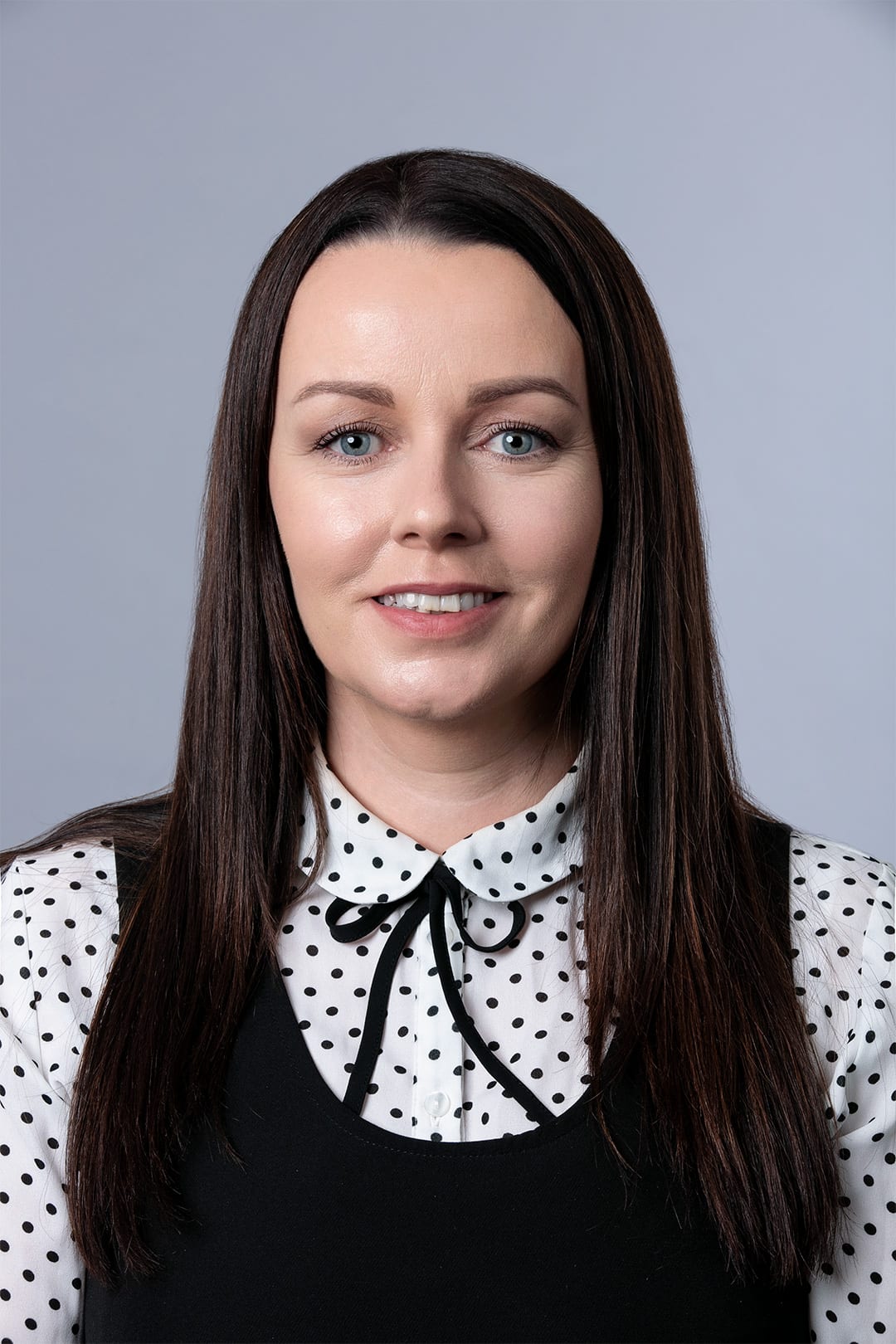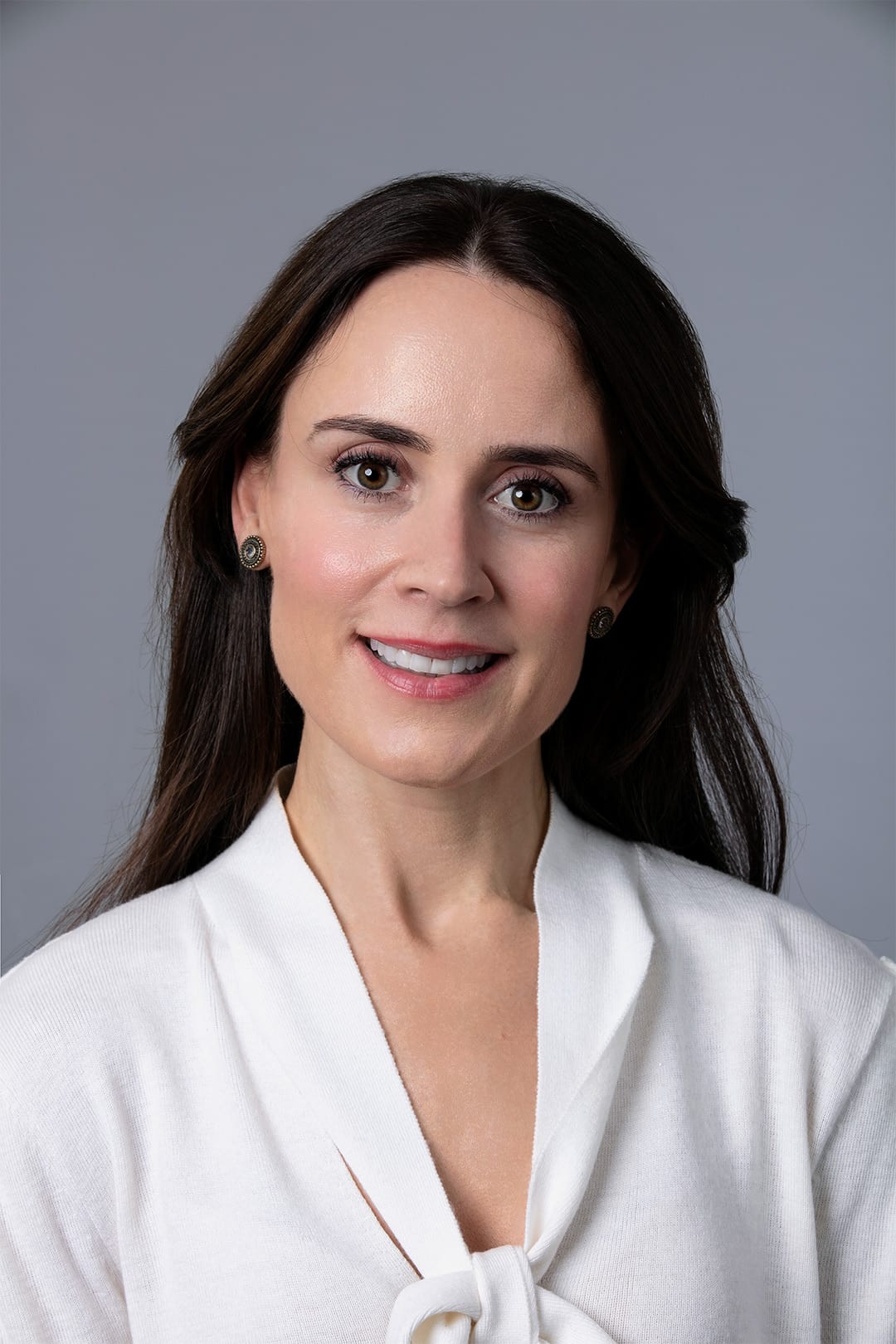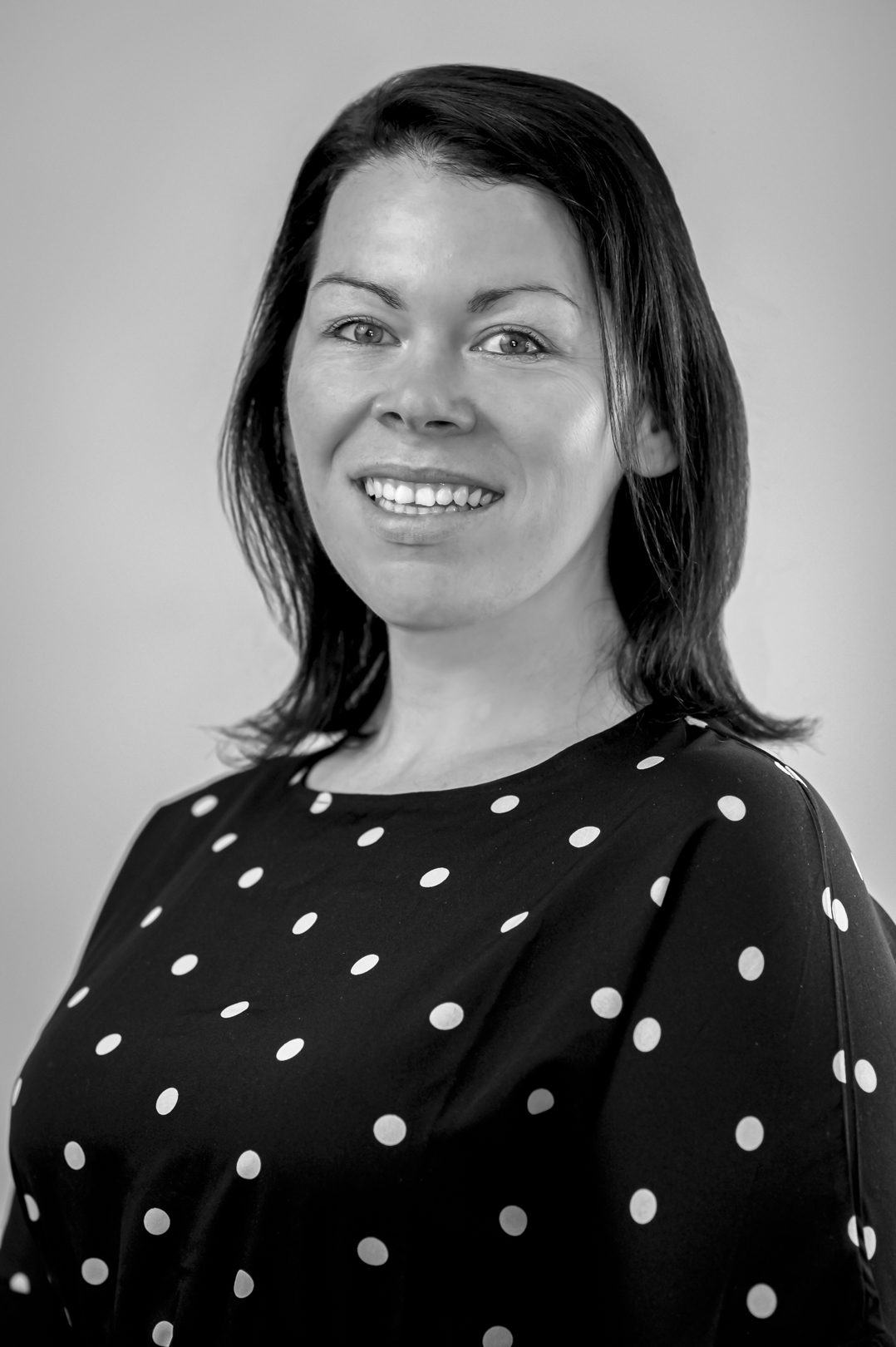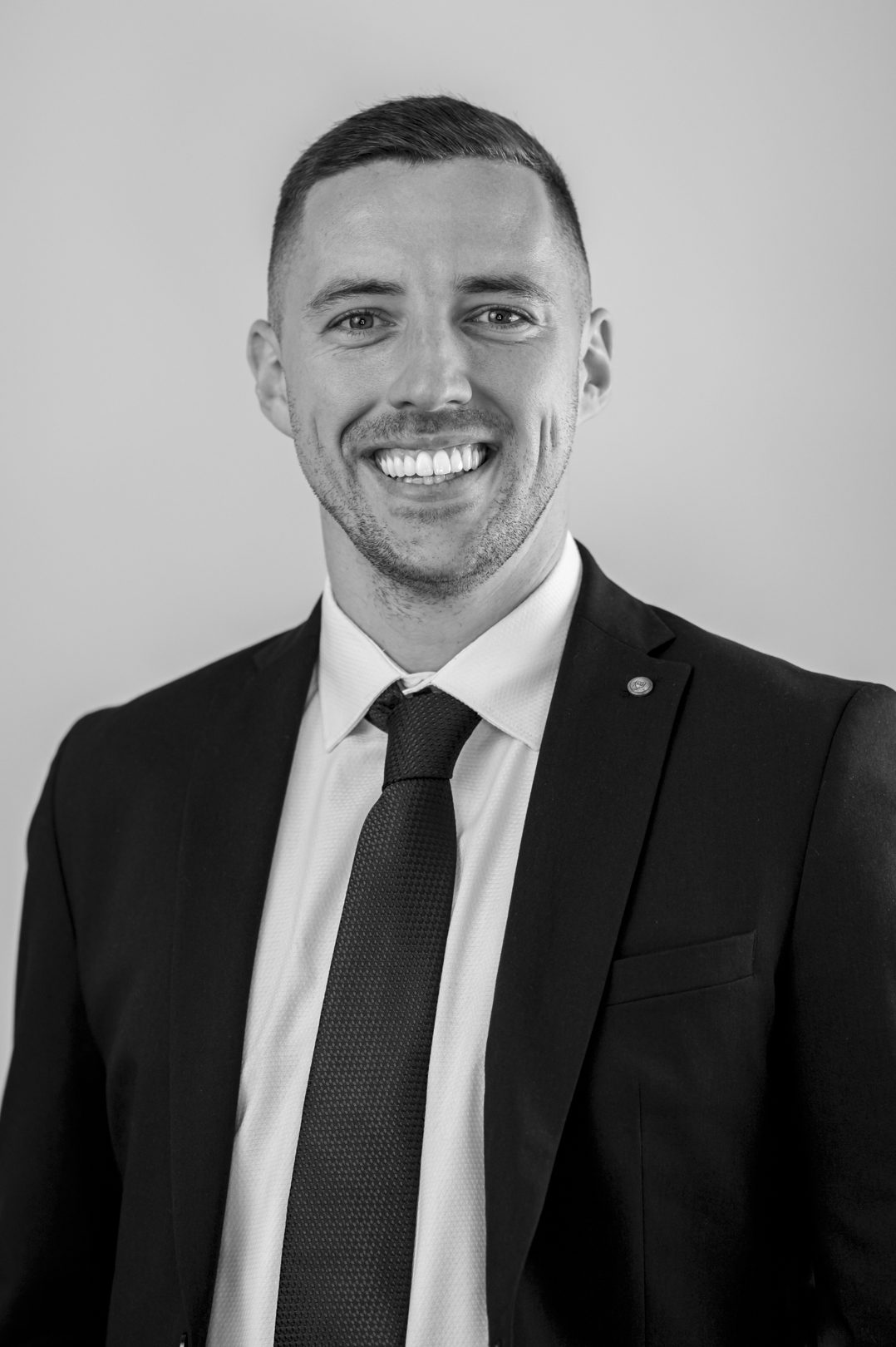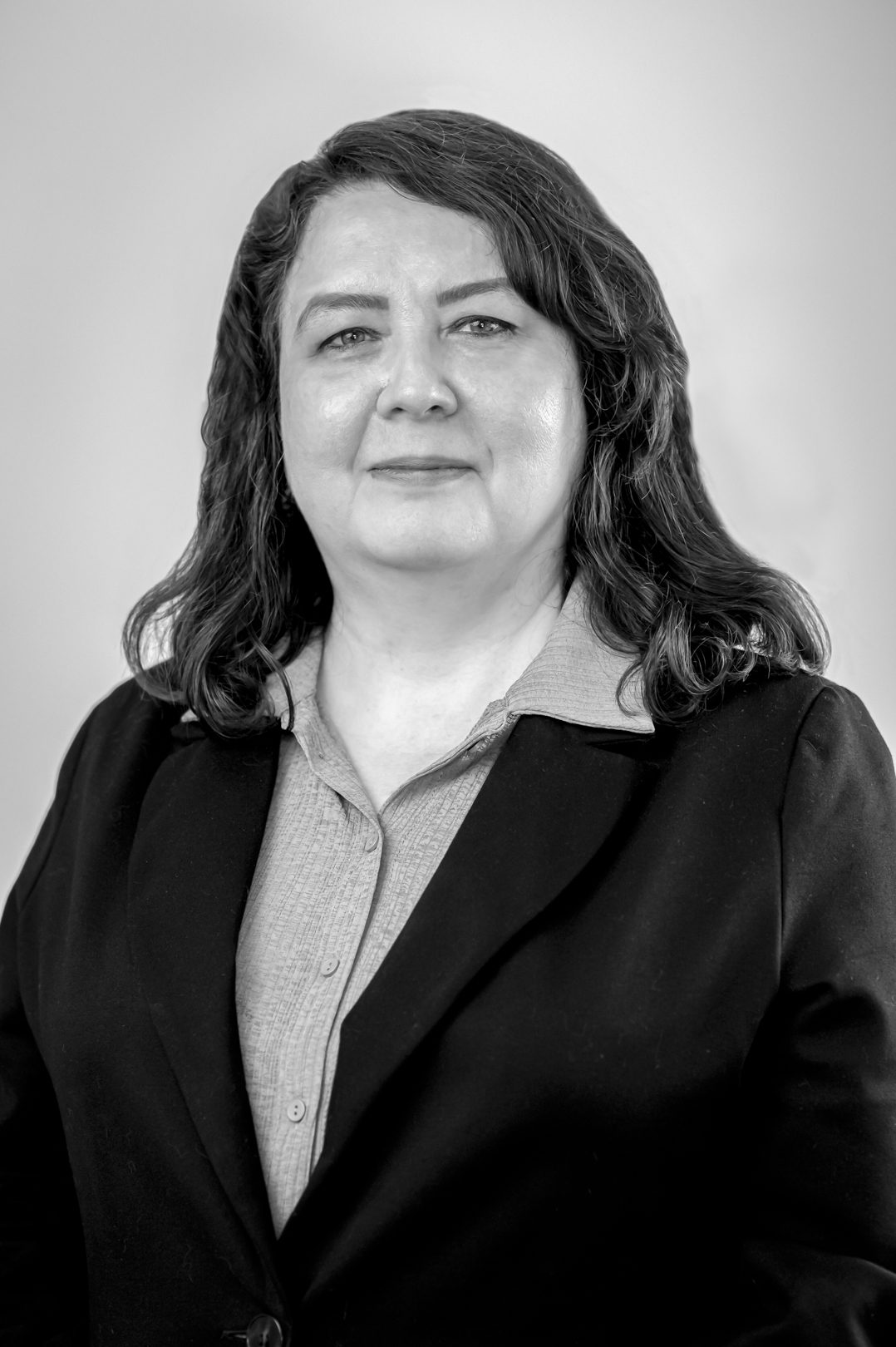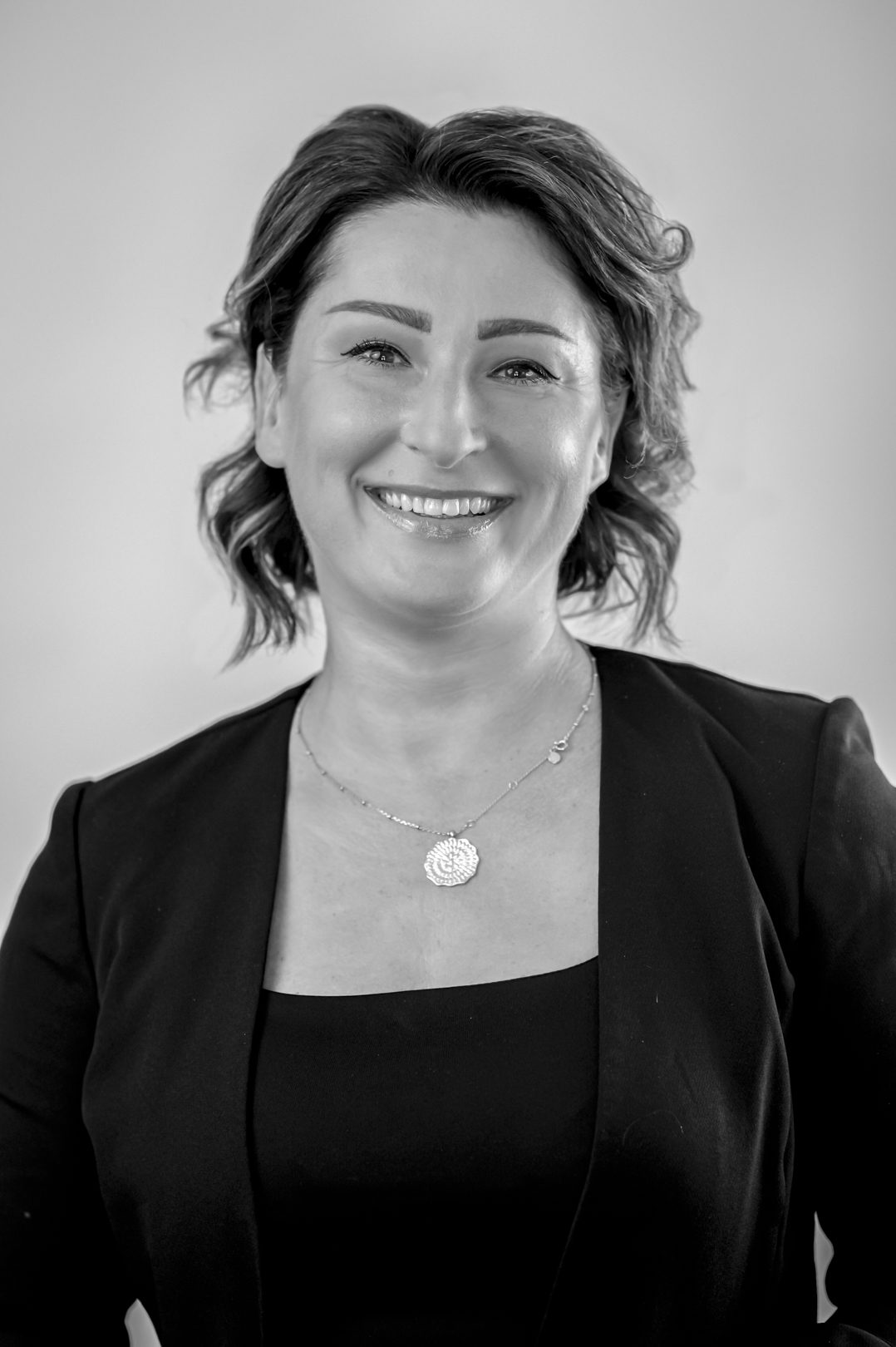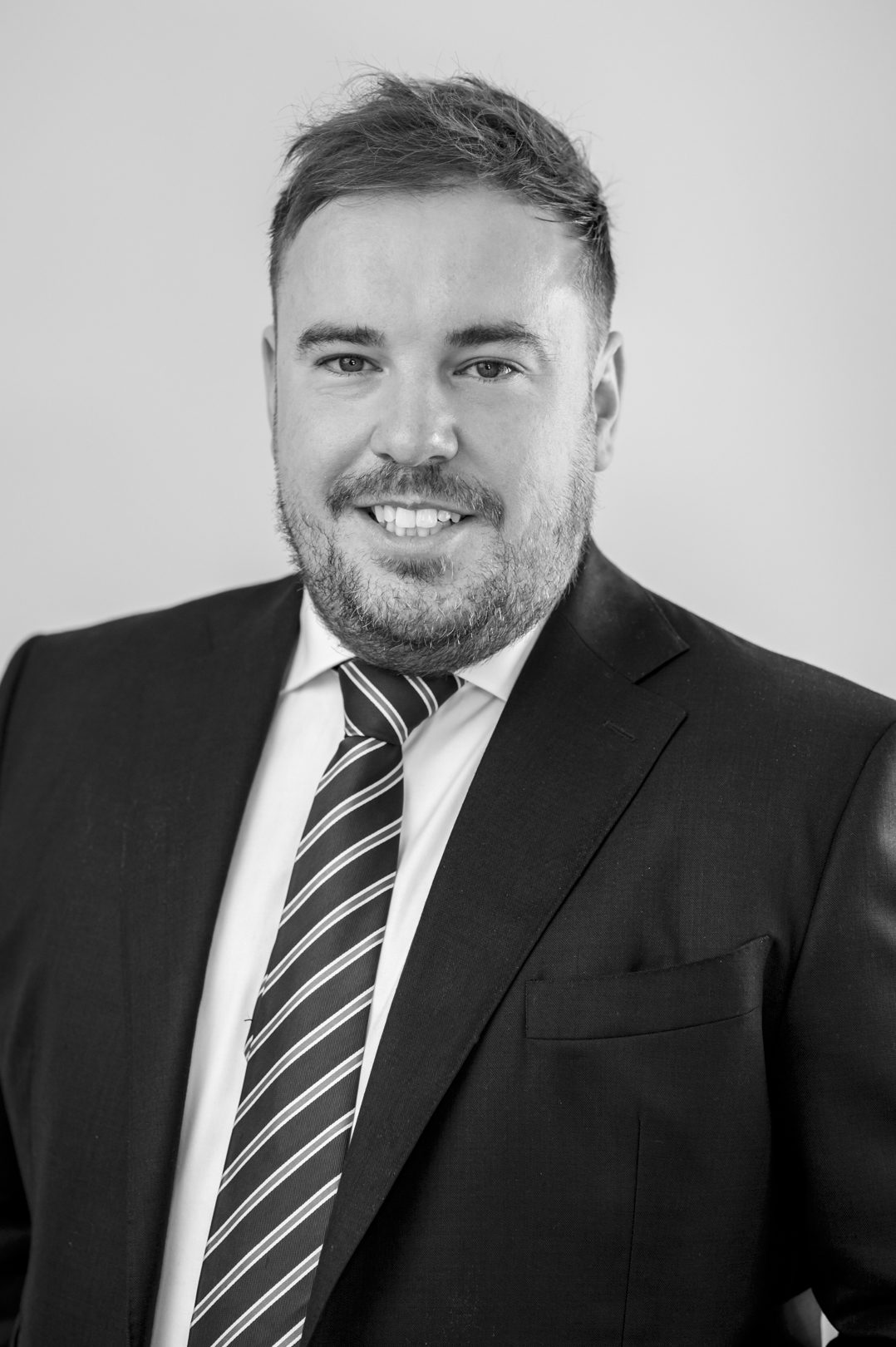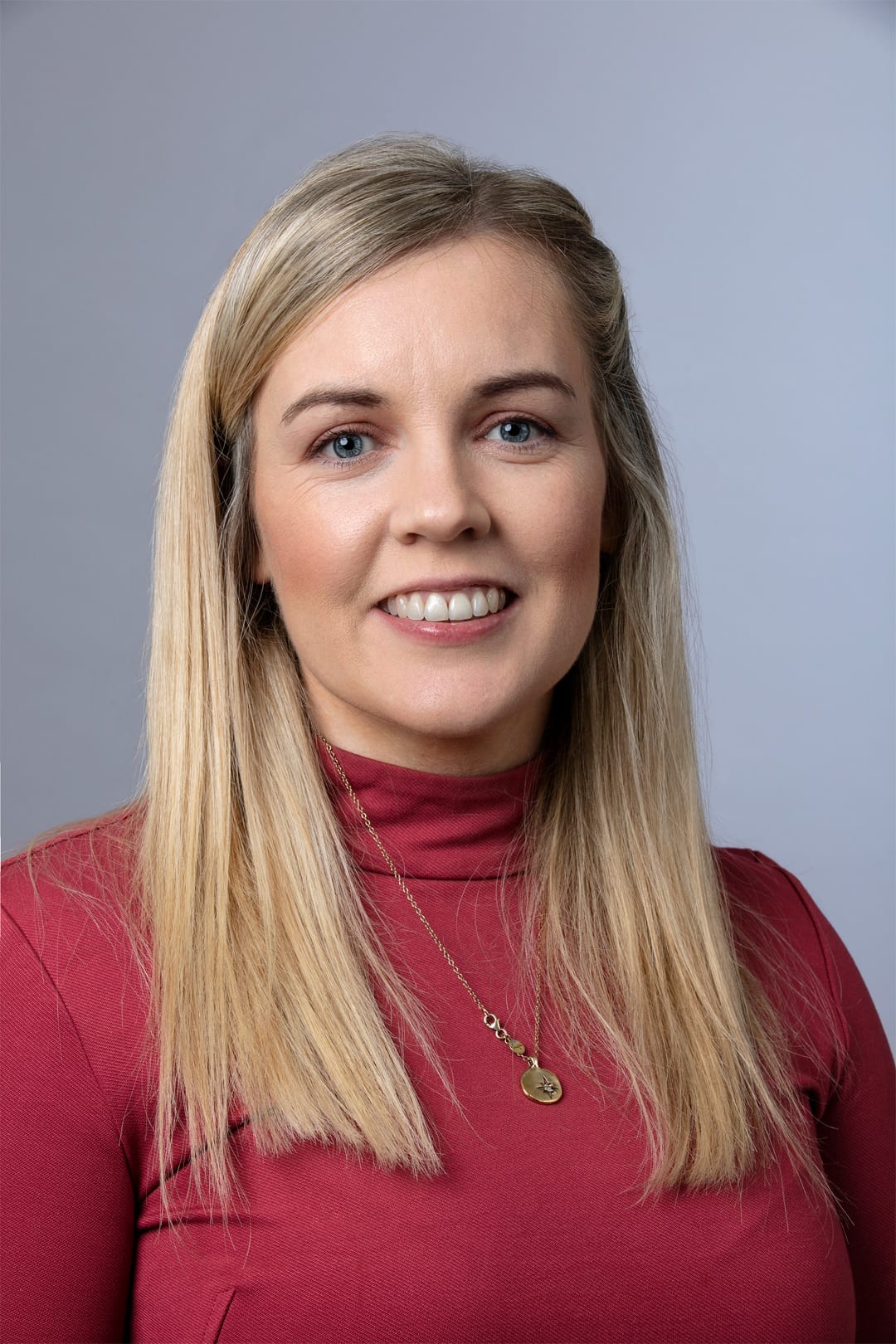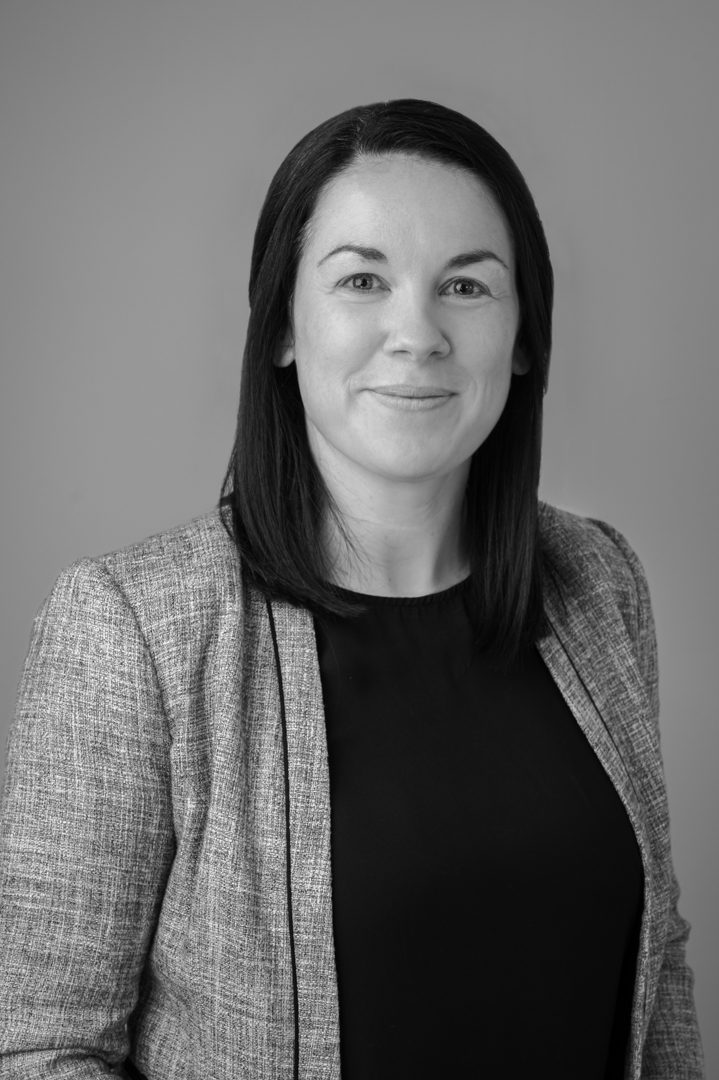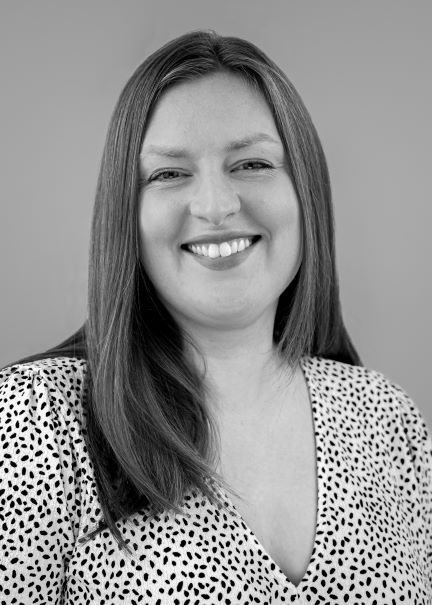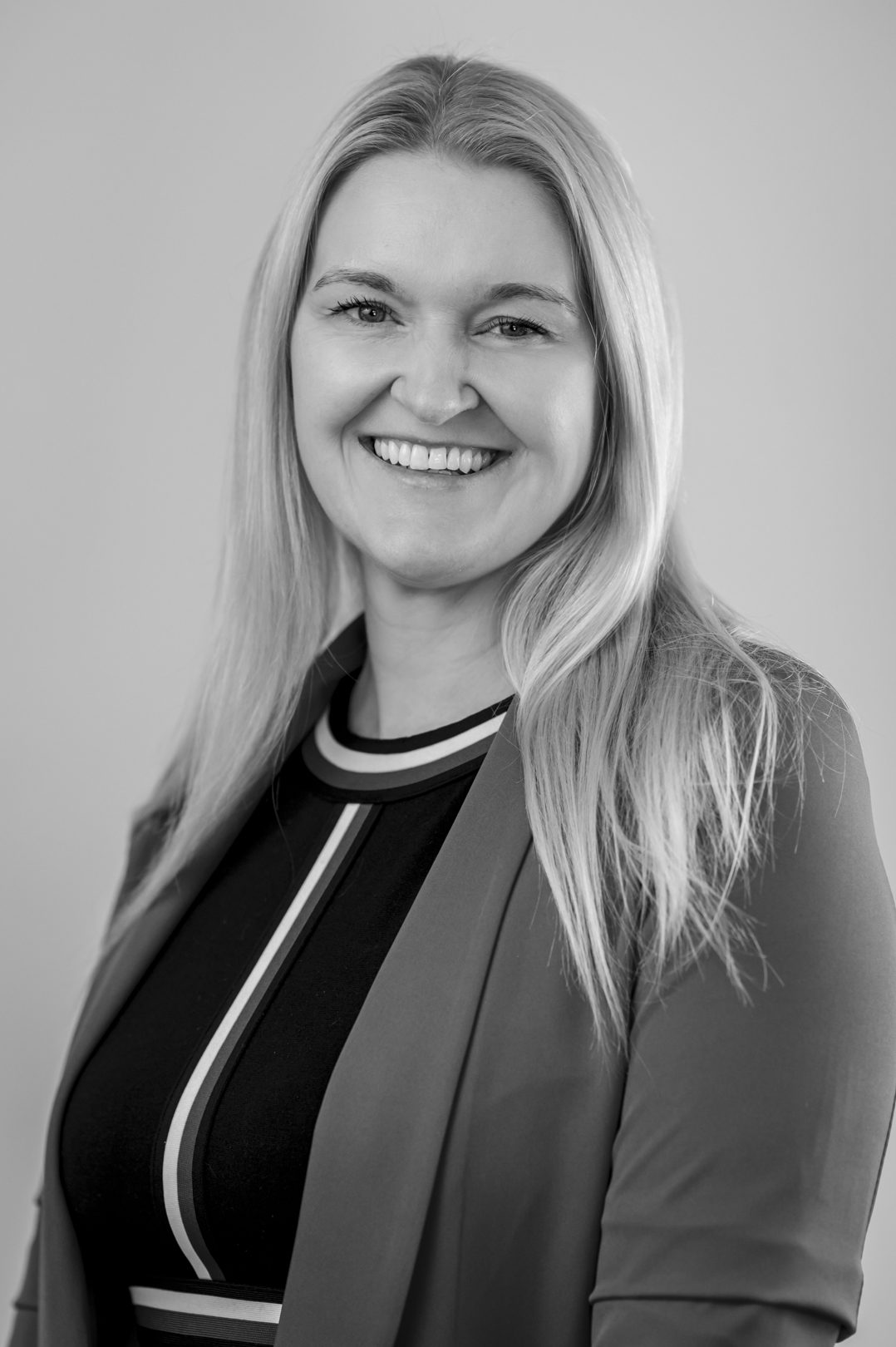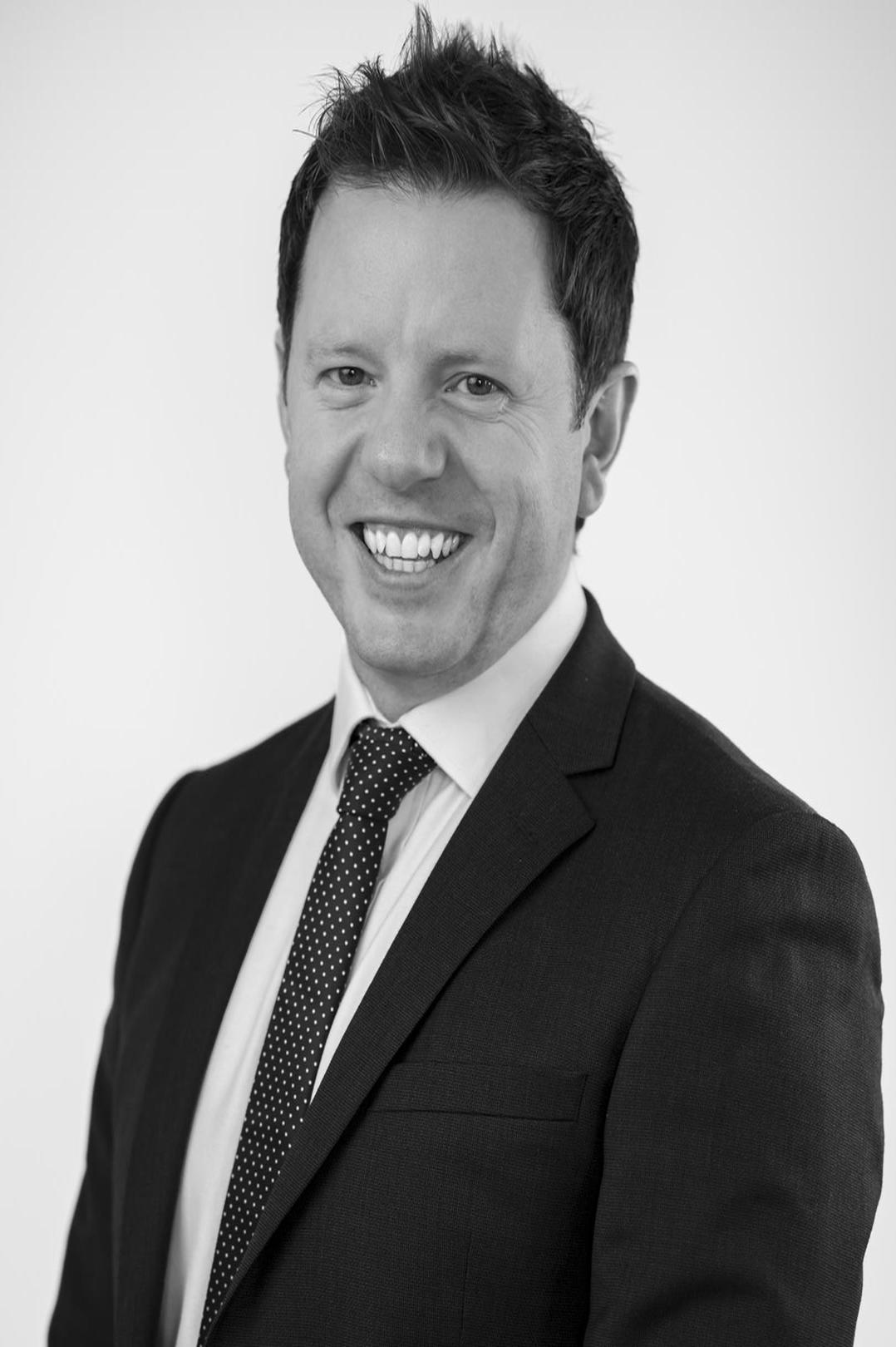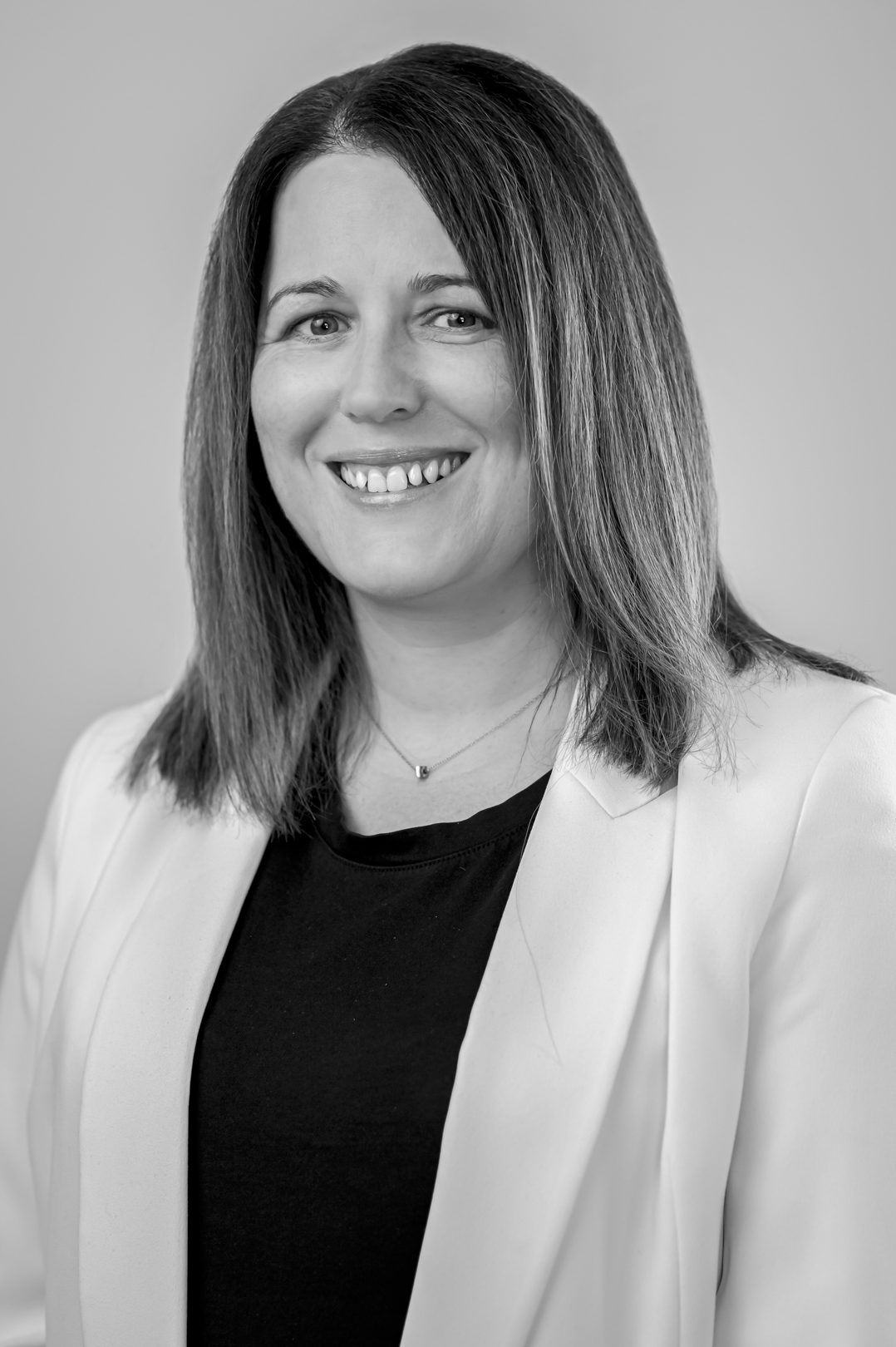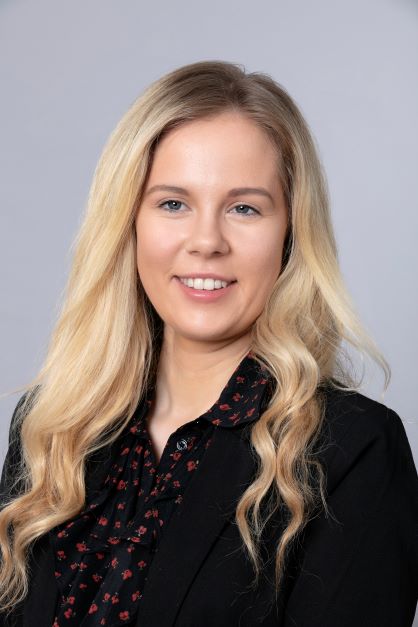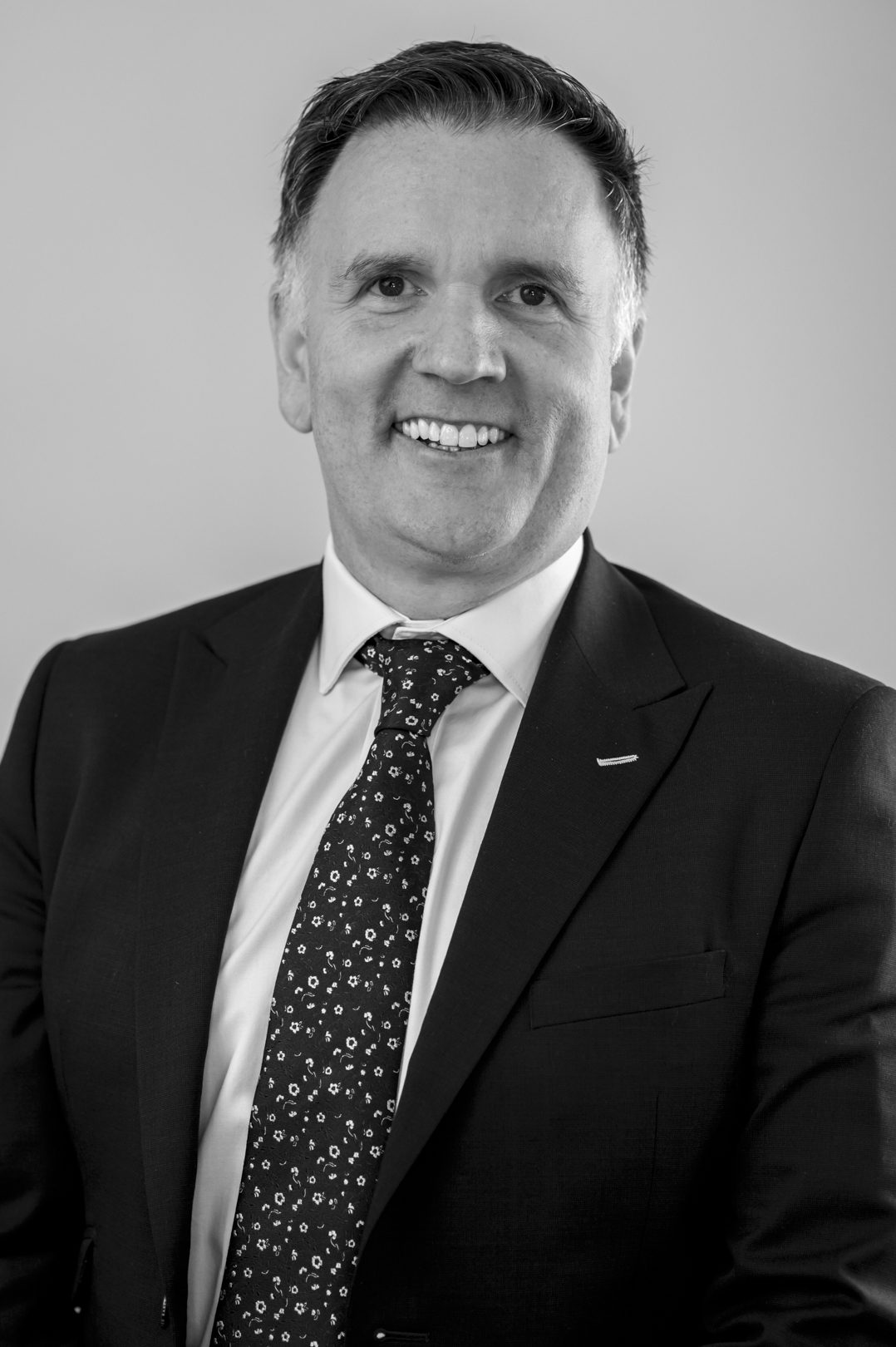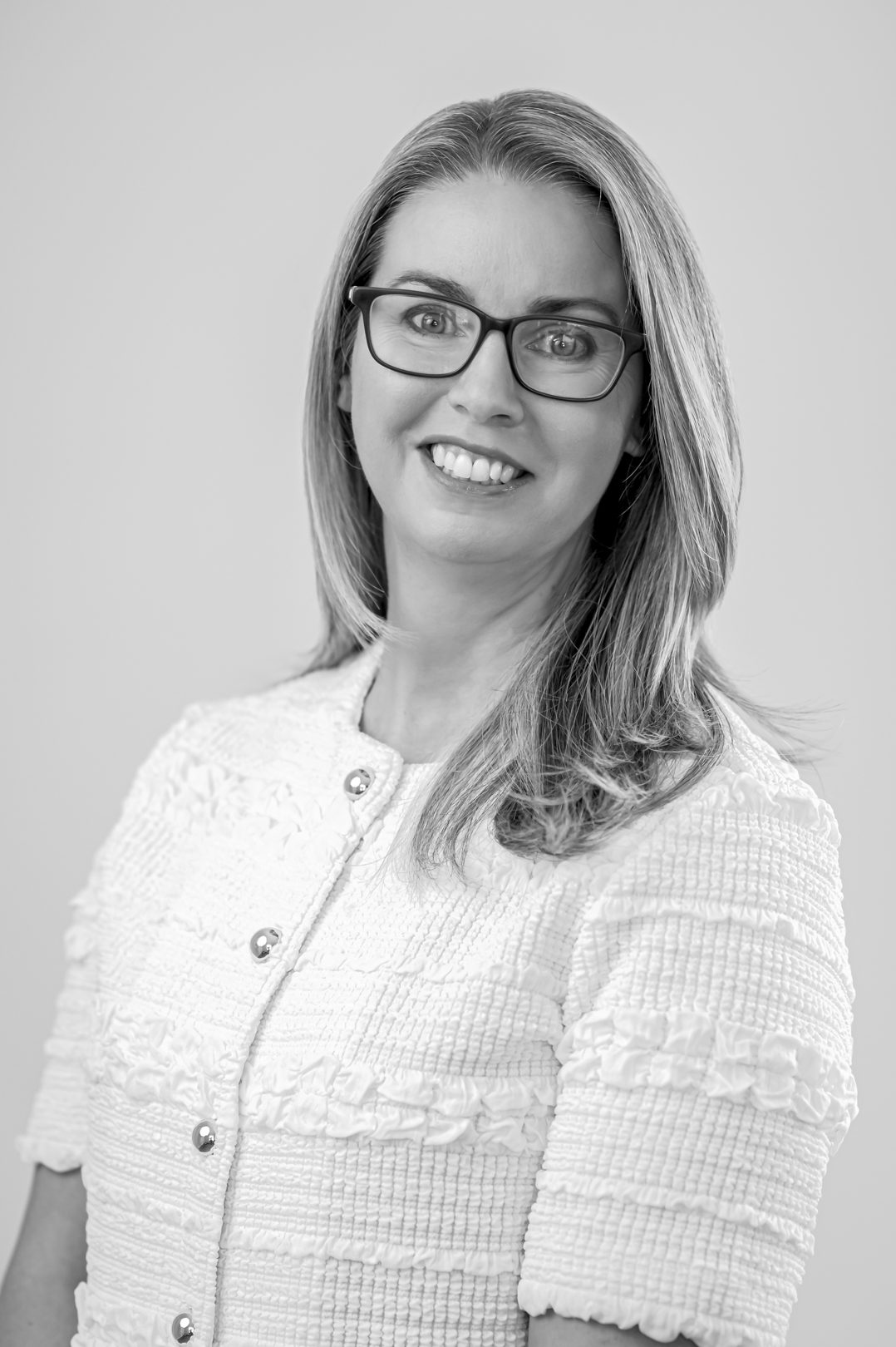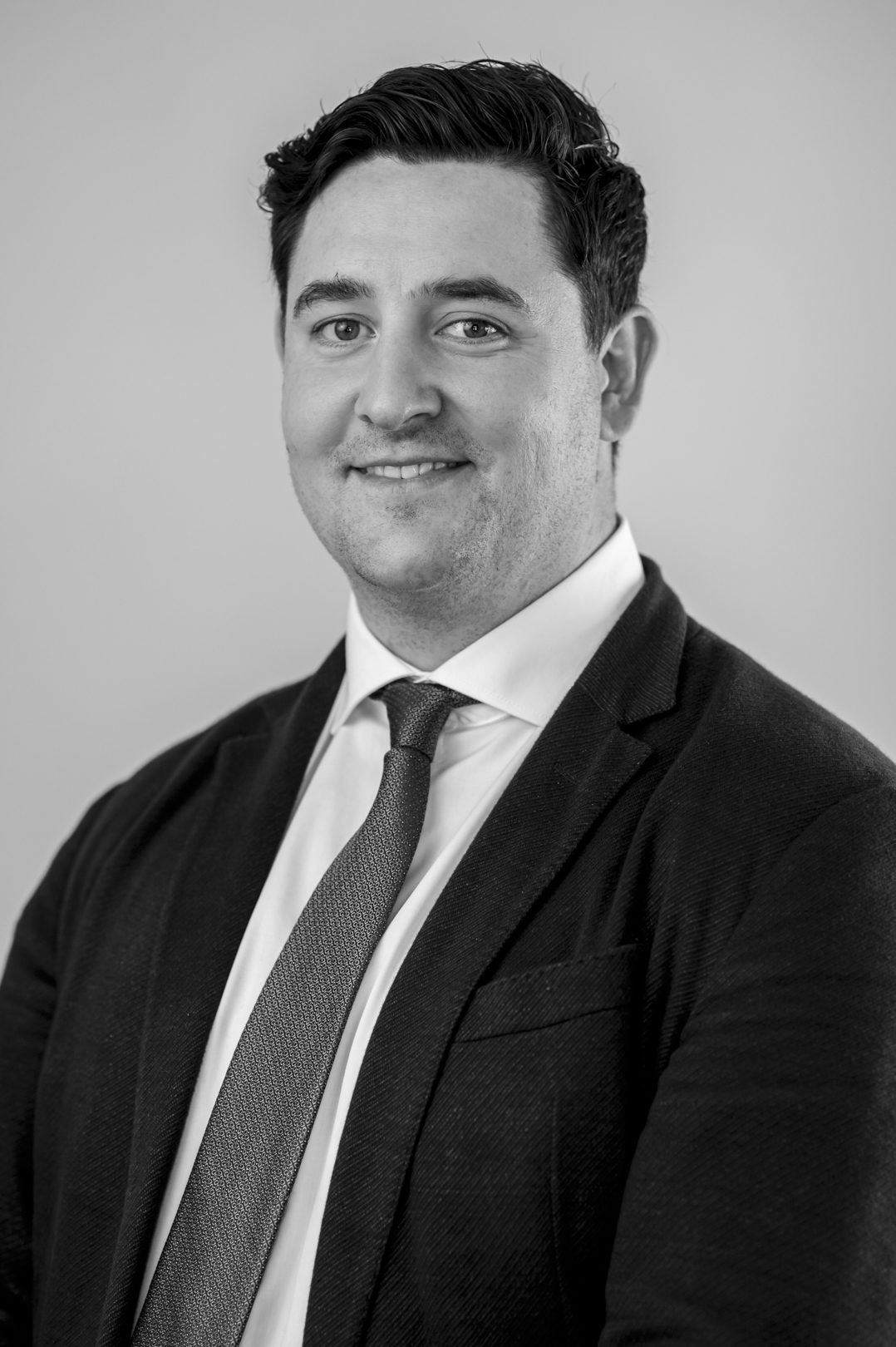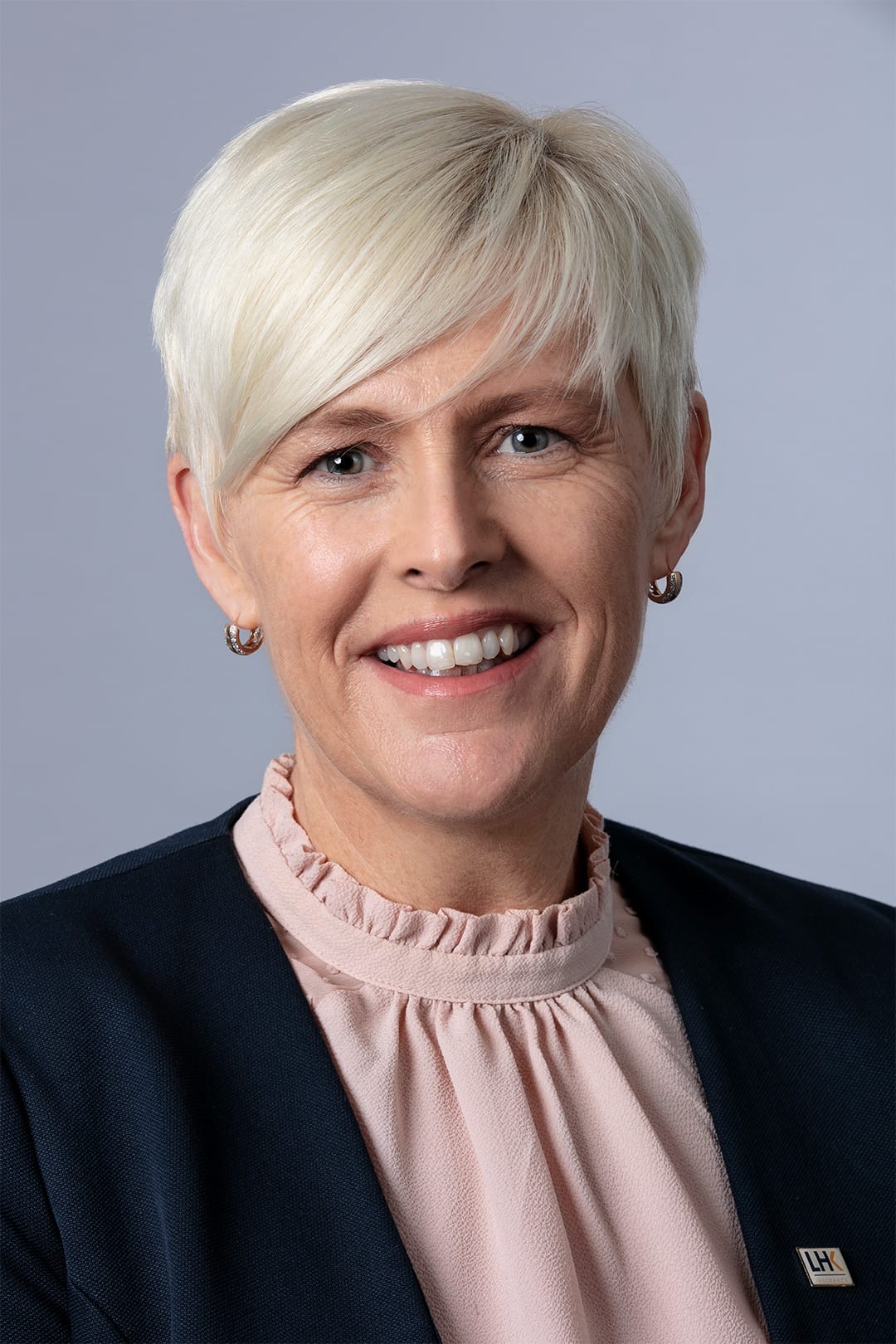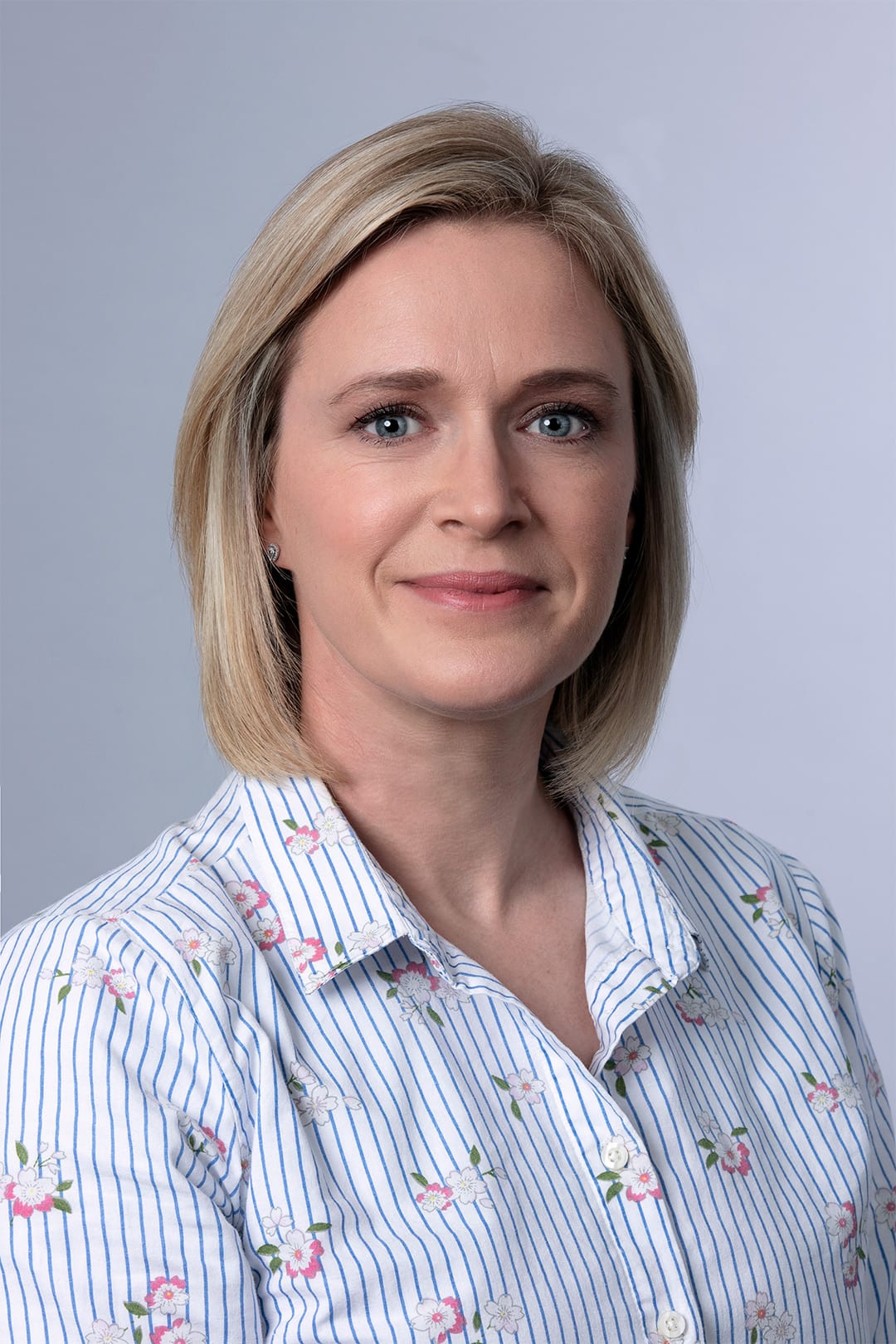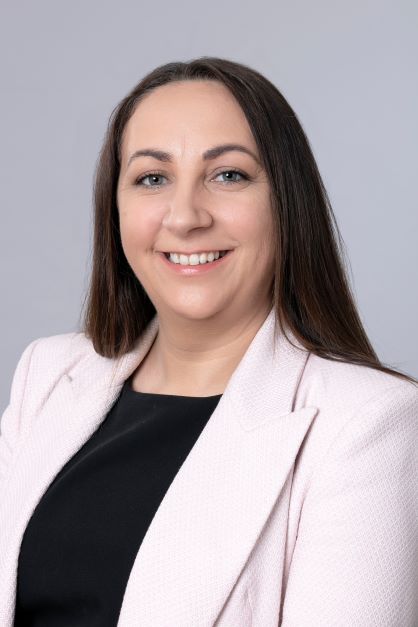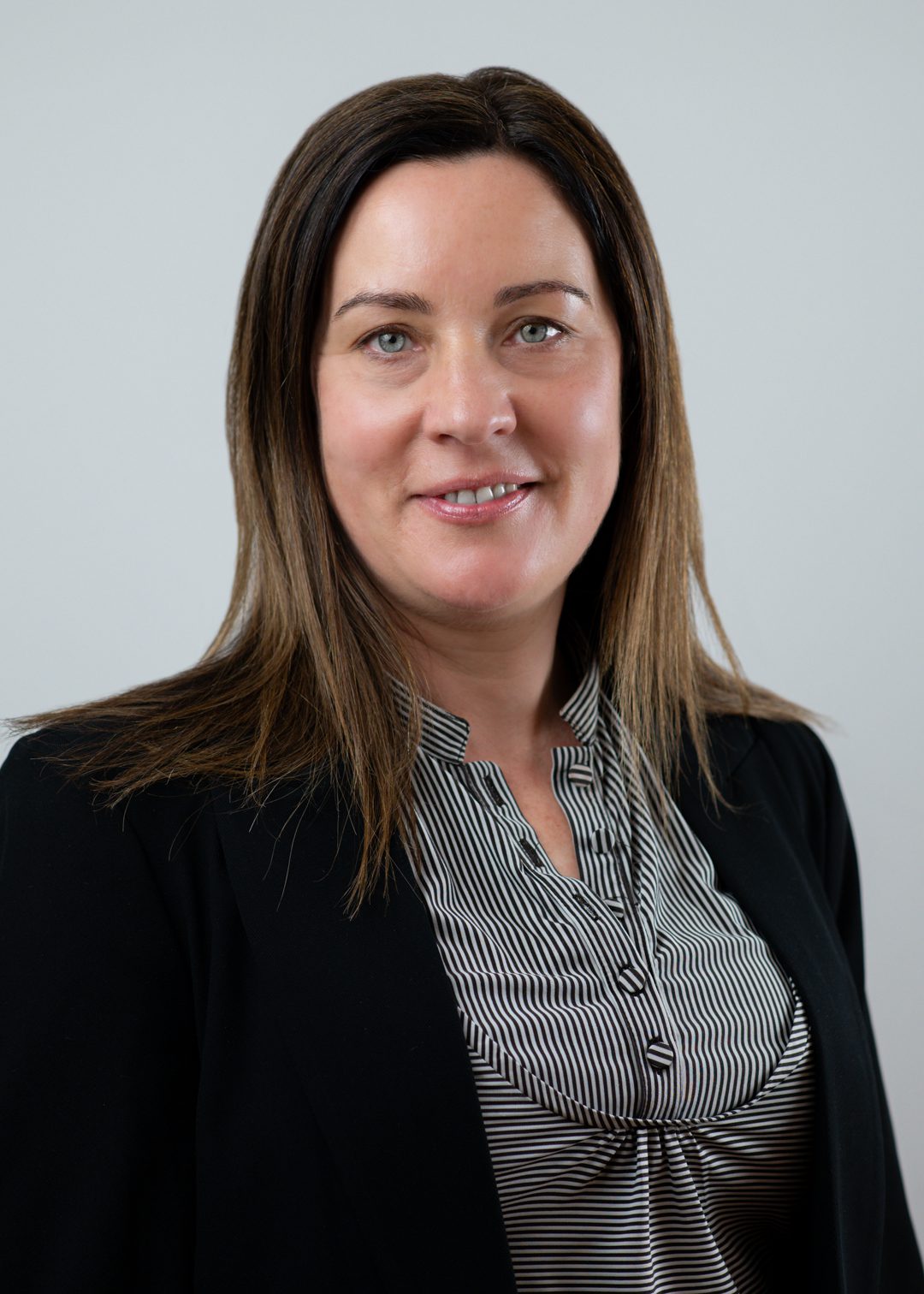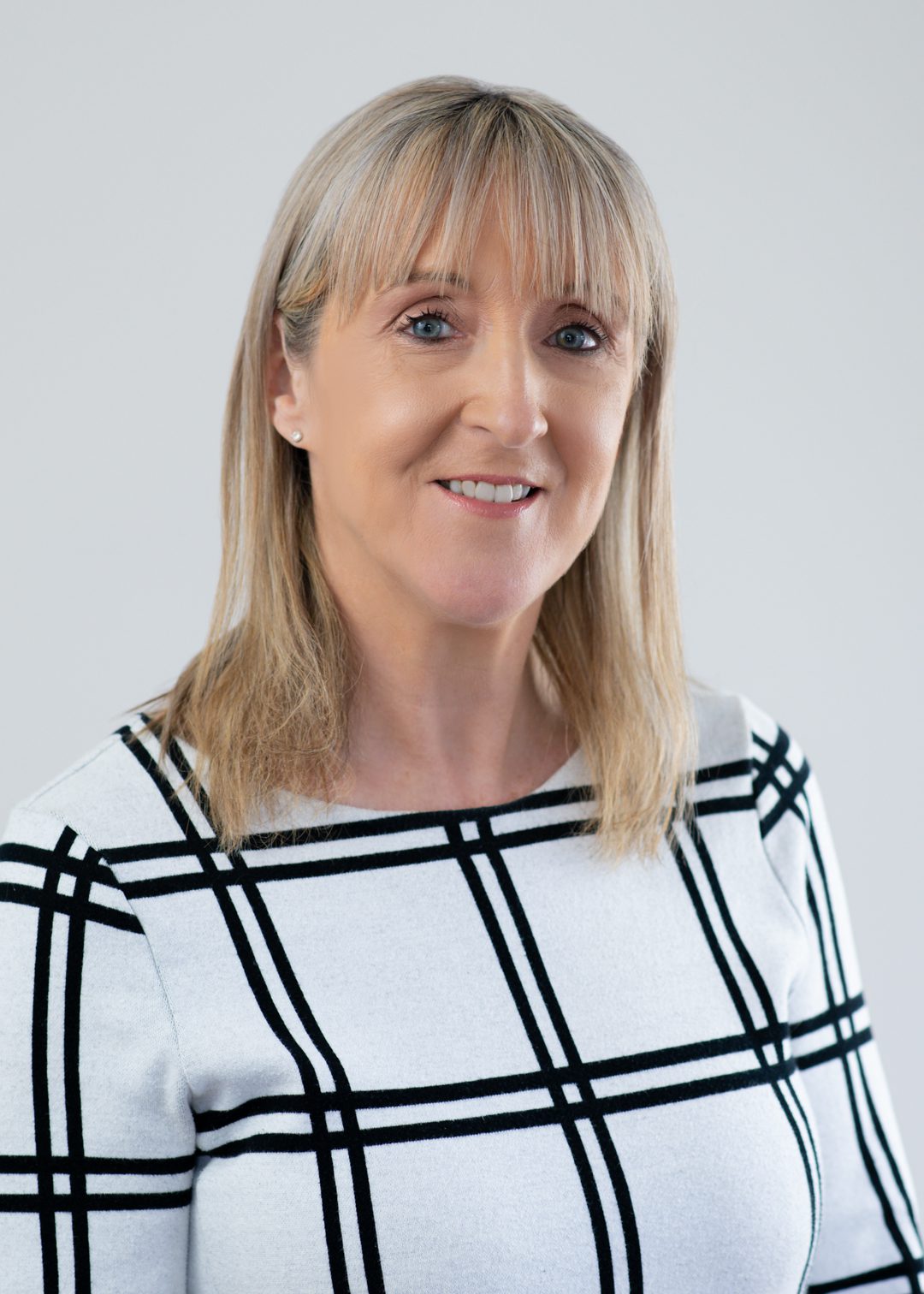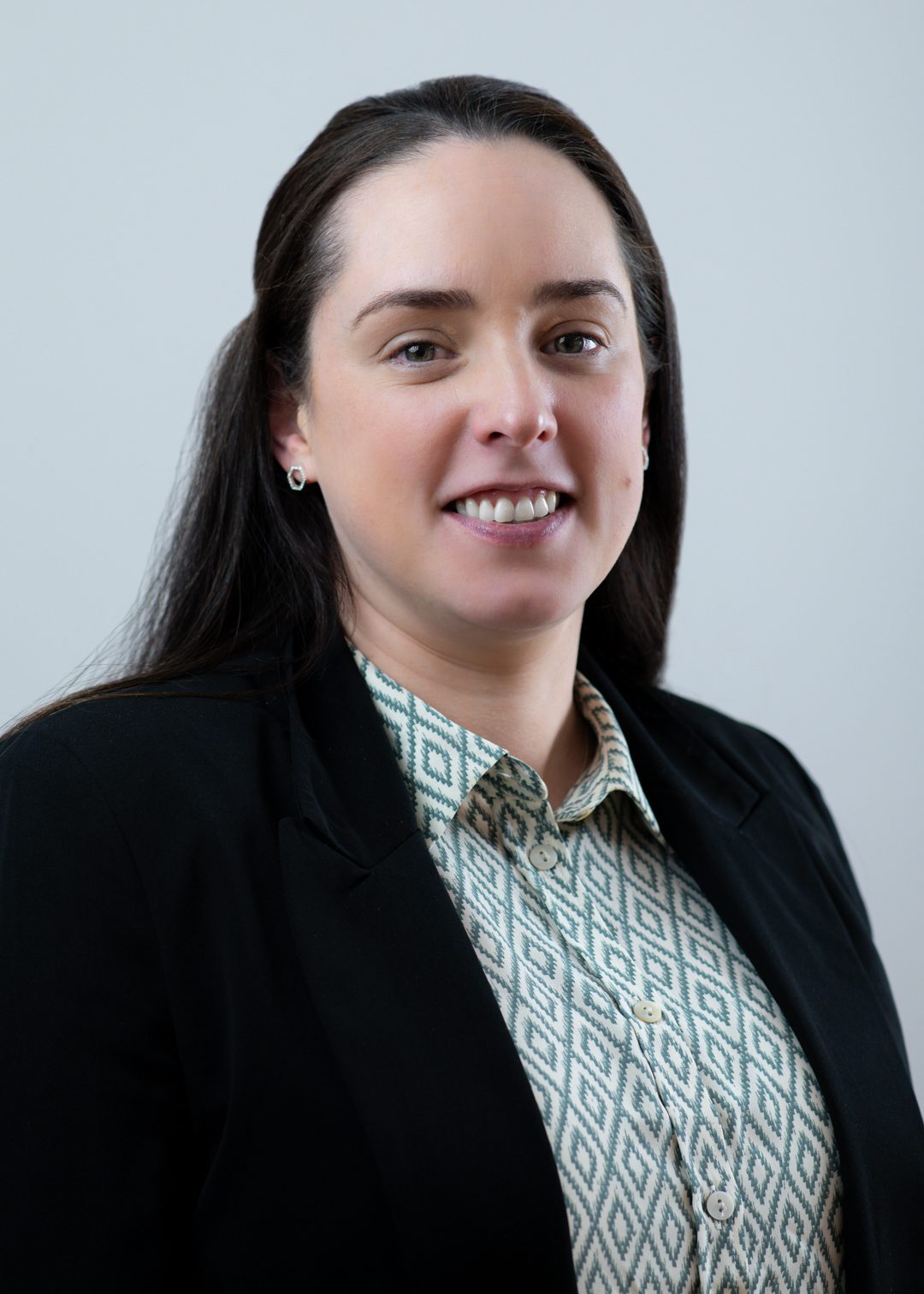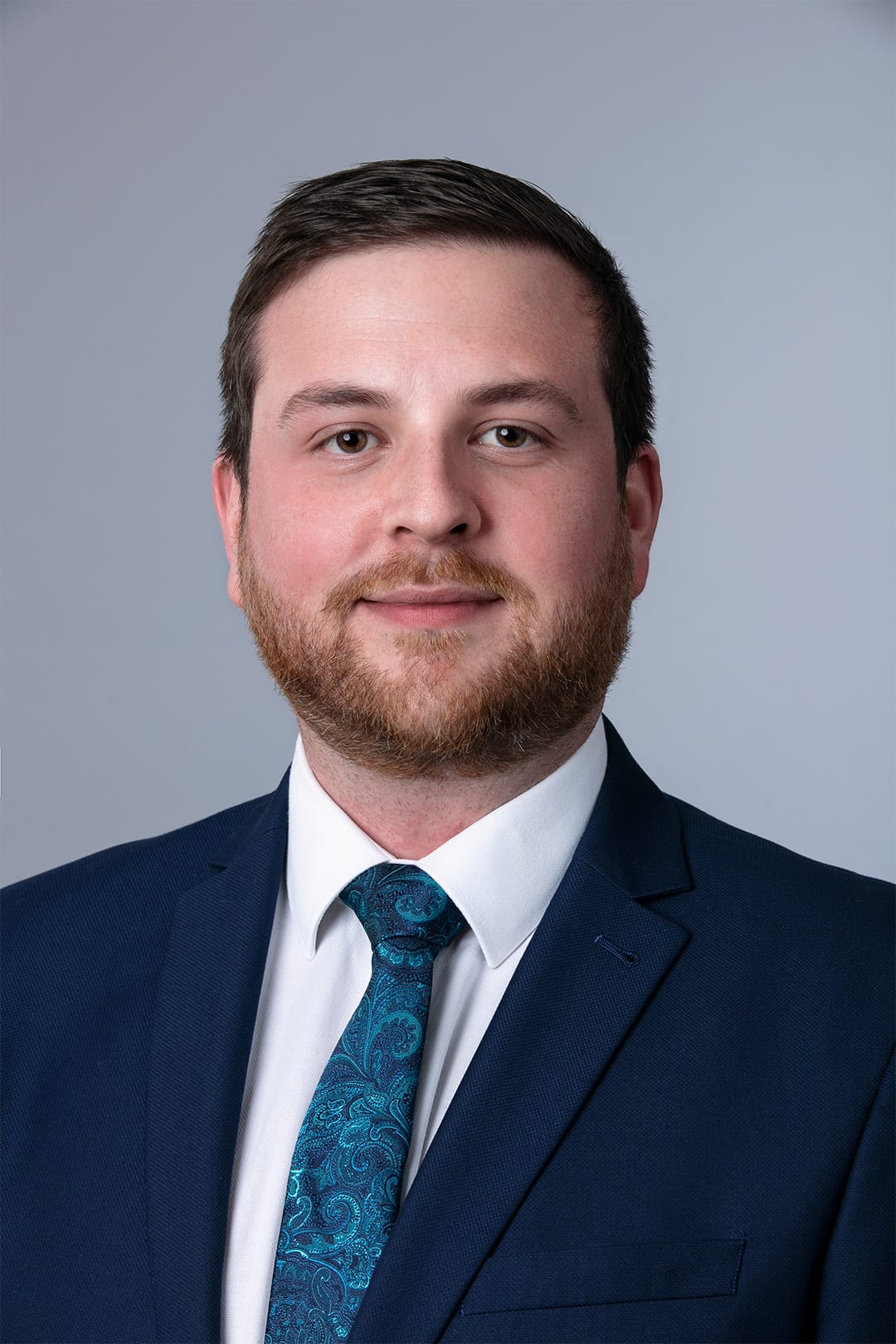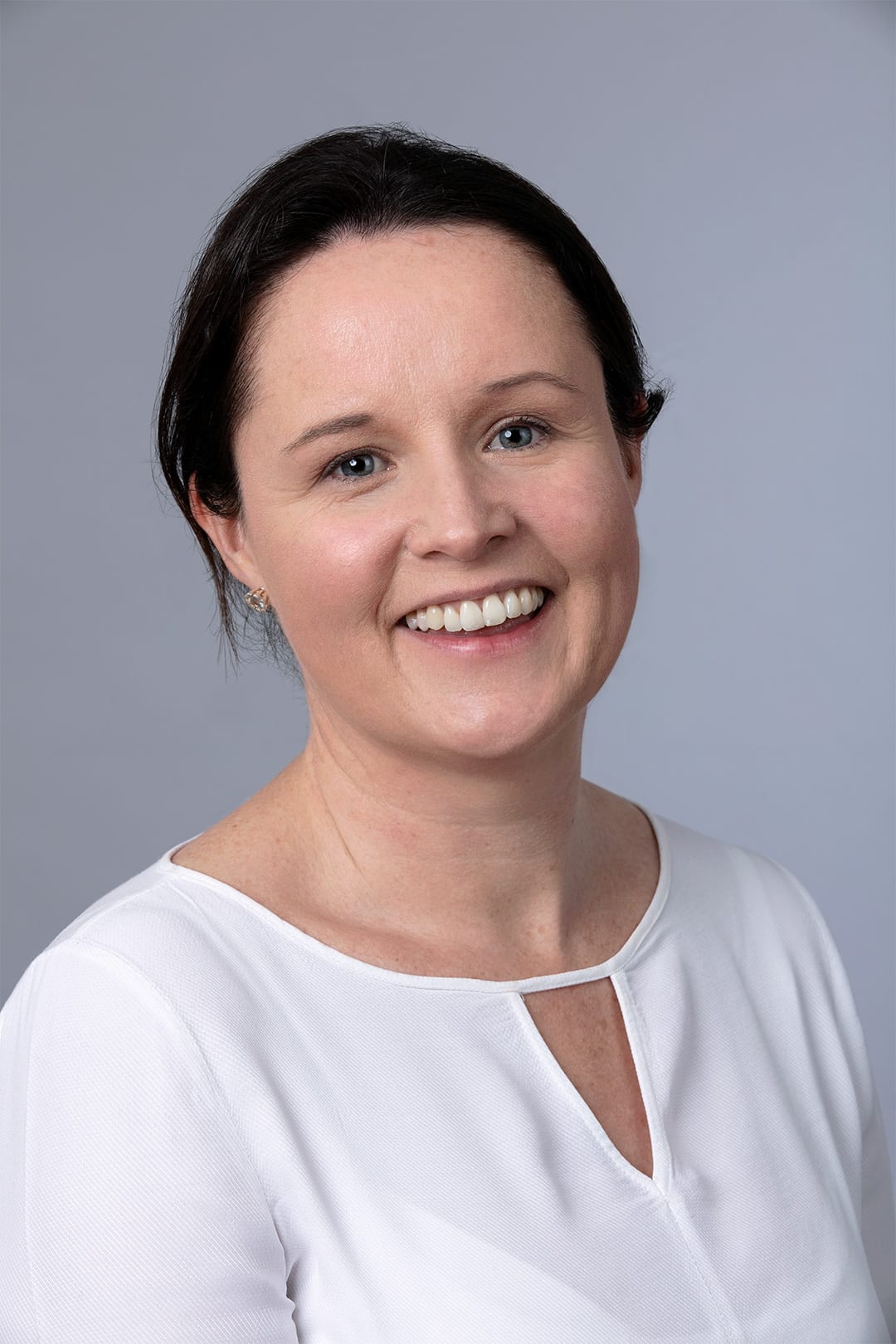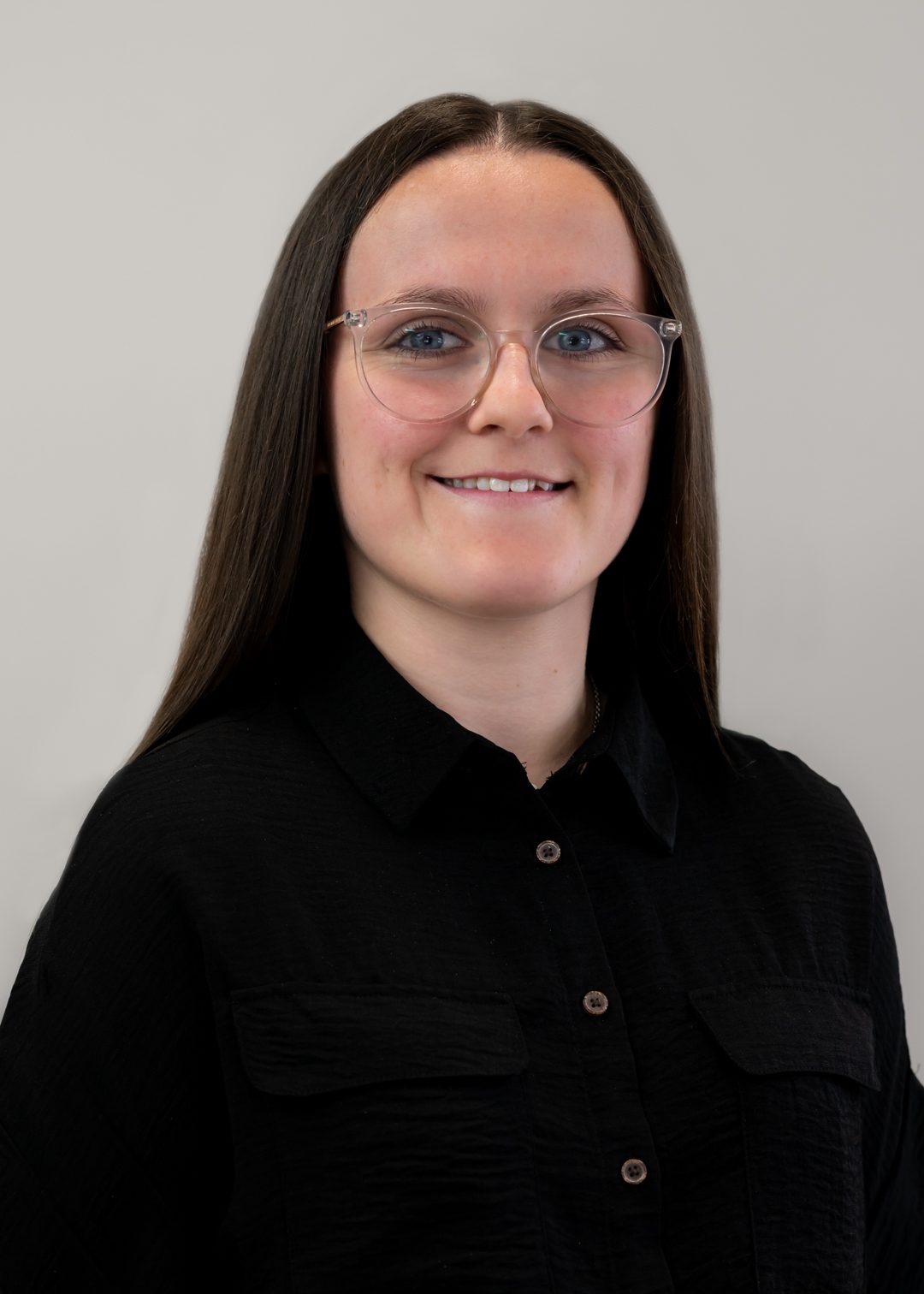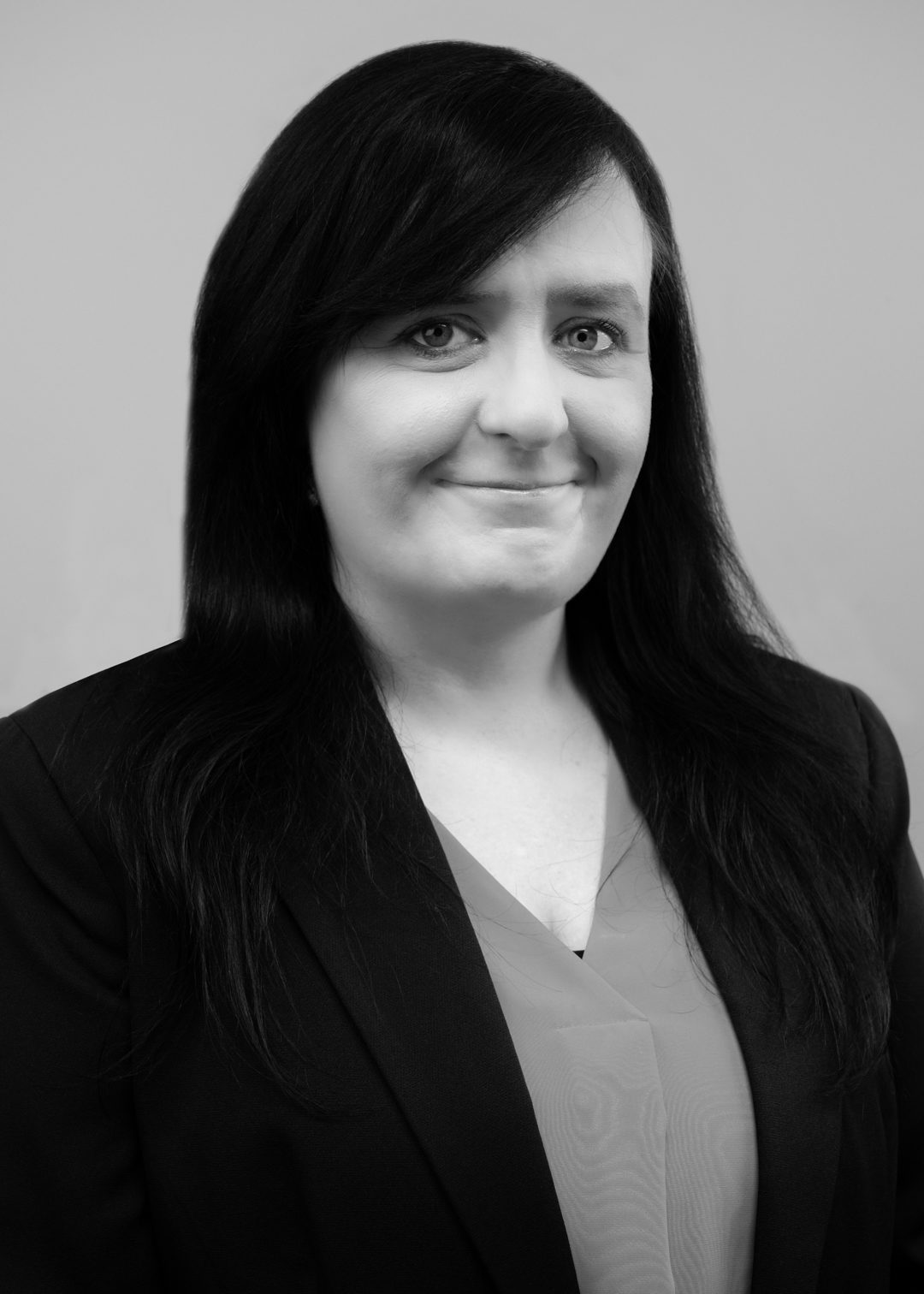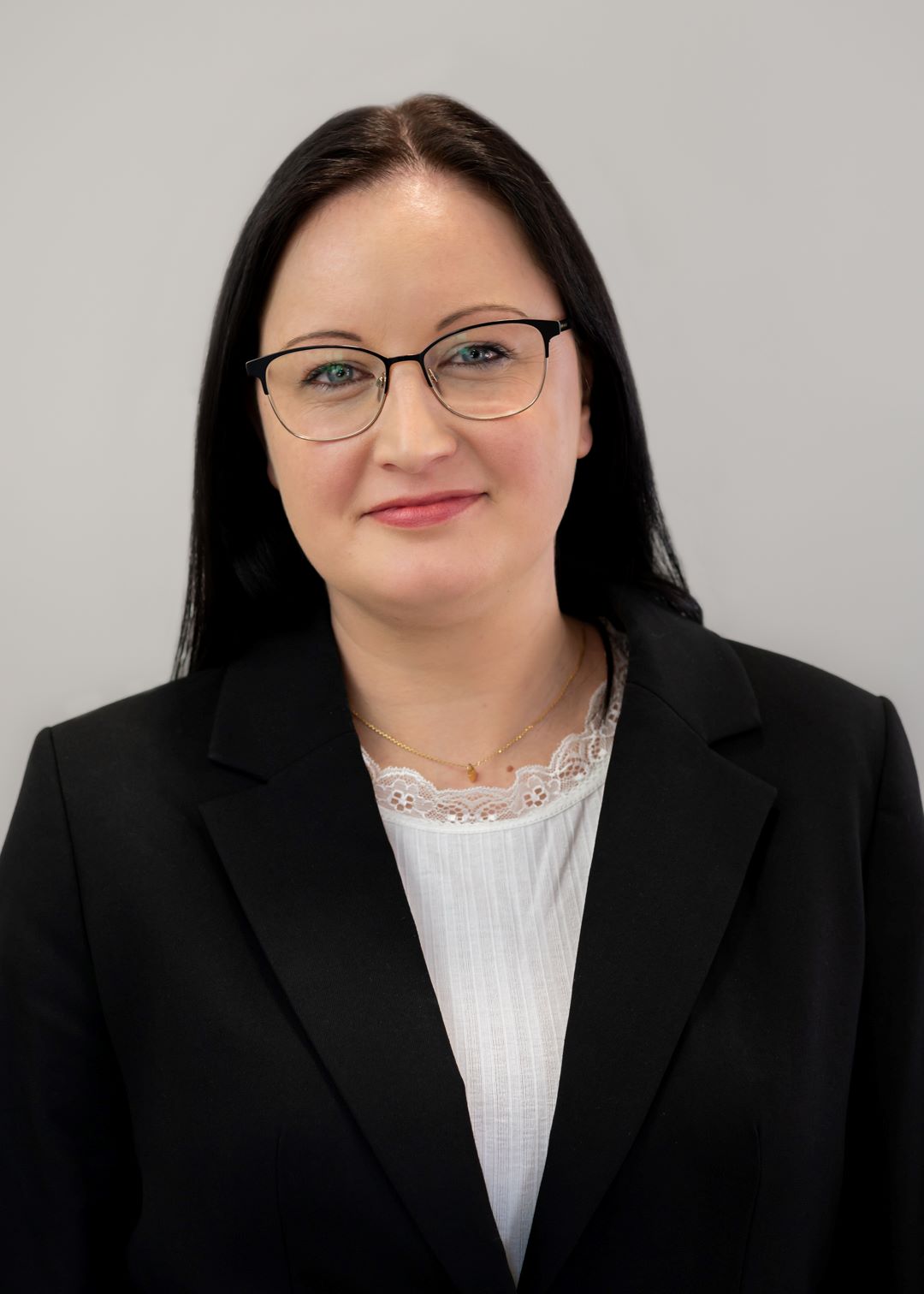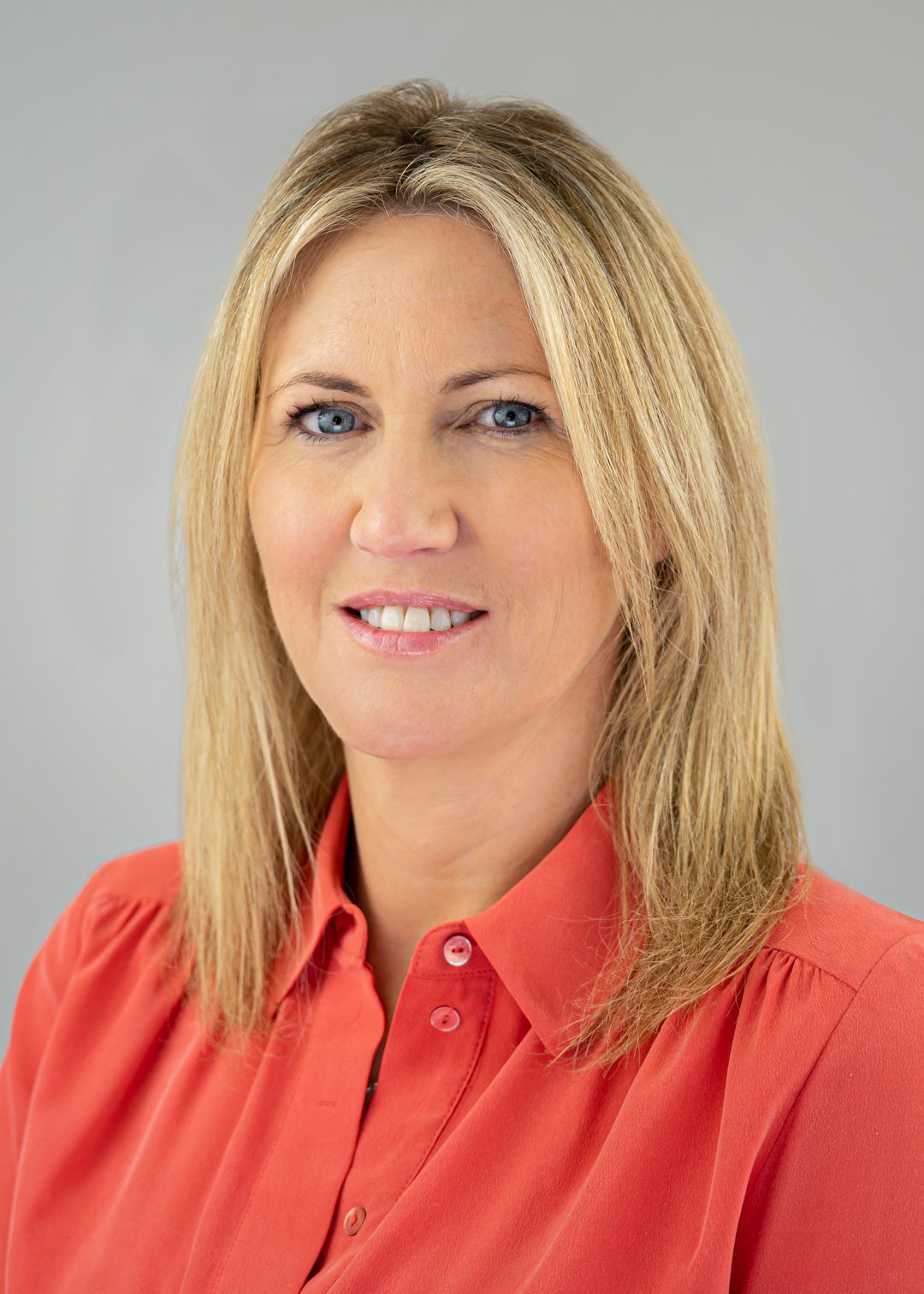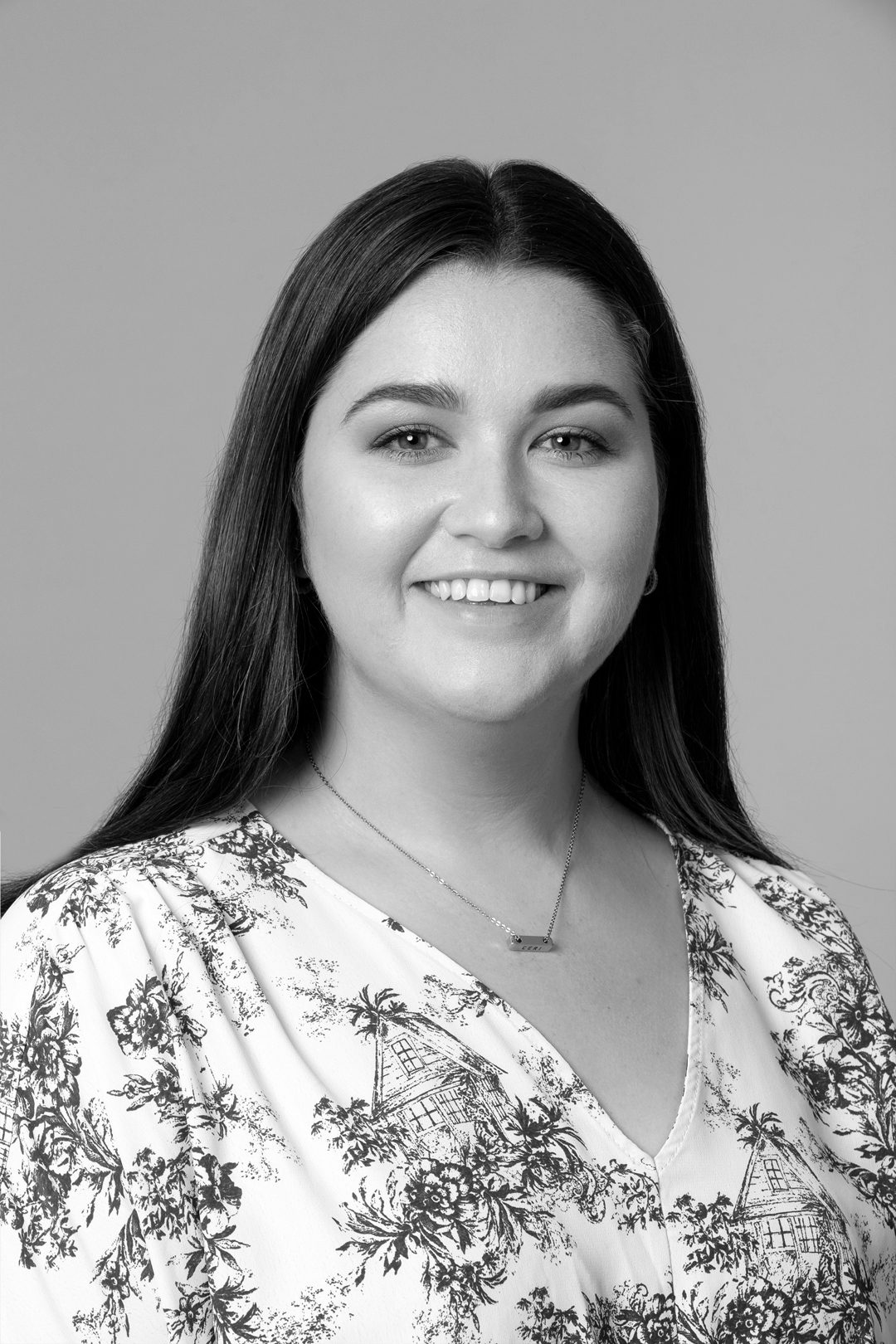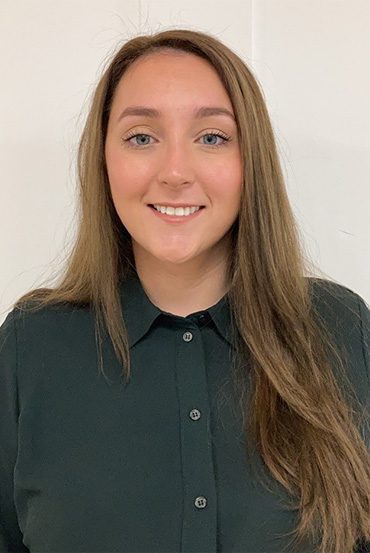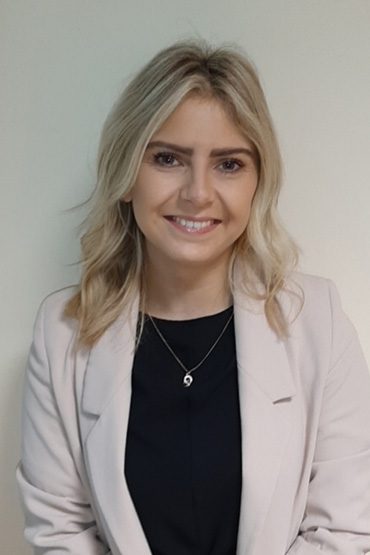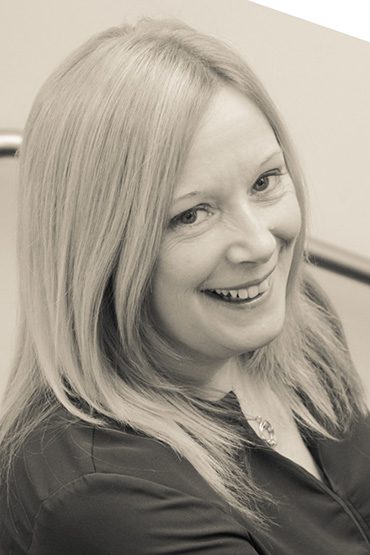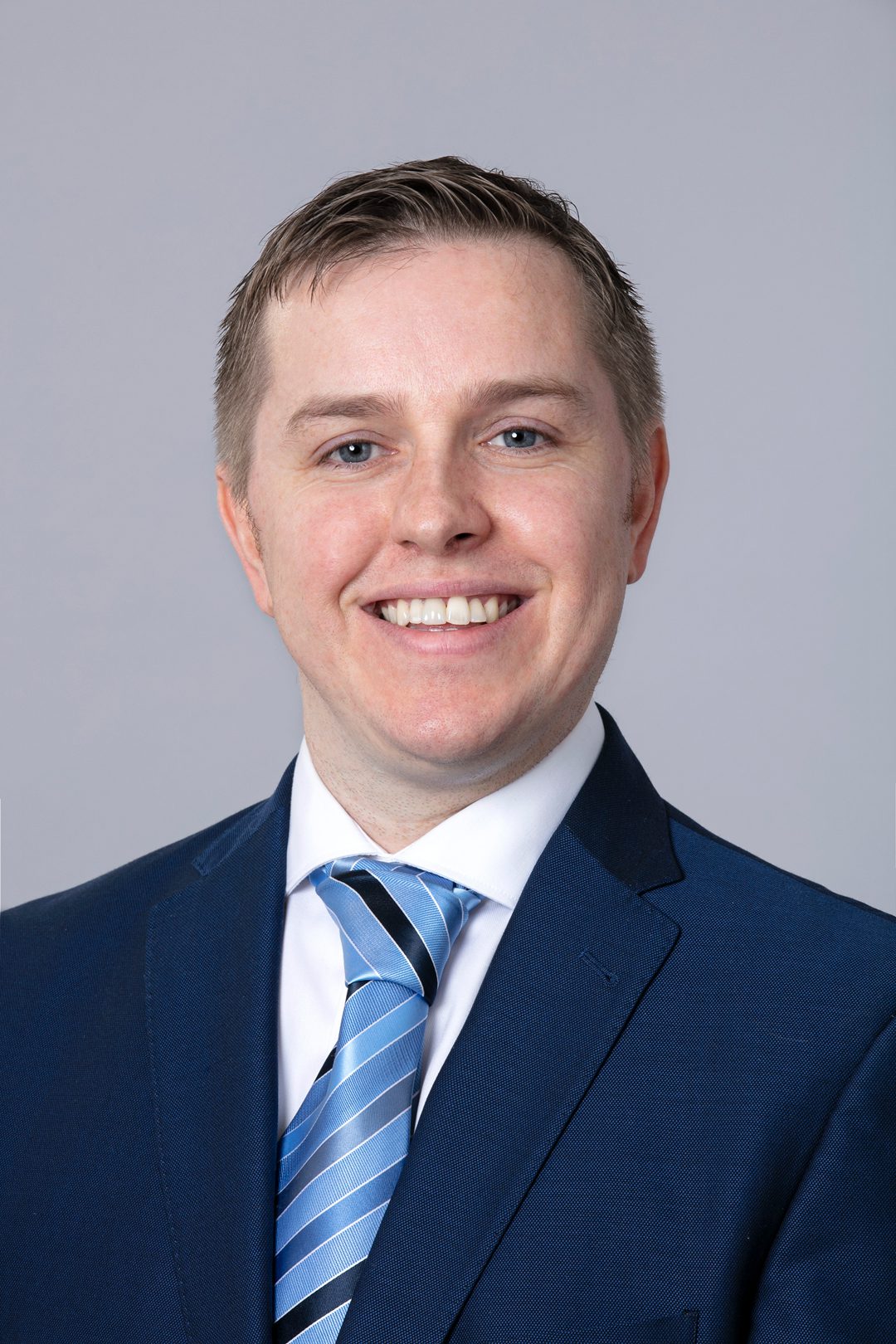Securing a mortgage as a self-employed individual or business owner comes with additional requirements compared to salaried applicants. Lenders assess income stability, business performance, and financial records more closely to determine eligibility. Understanding these factors and preparing in advance can improve your chances of mortgage approval.
Who Qualifies as Self-Employed?
Lenders consider you self-employed if you fall into any of the following categories:
- A sole trader or freelancer
- A company director
- A partner in a business
Unlike PAYE employees with fixed salaries, self-employed applicants must demonstrate consistent income levels, as earnings can fluctuate based on business performance.
How Long Should You Be Self-Employed Before Applying?
Most lenders require at least three years of financial records to assess your income stability. However, some may accept two years’ worth of accounts, depending on the strength of your financial position.
If you’ve recently returned to Ireland and are establishing your business here, you may need an additional year of financial history to prove income consistency in the Irish market.
Is It More Difficult to Get a Mortgage When Self-Employed?
Self-employed applicants are considered higher risk because their income isn’t guaranteed. Lenders may perceive potential challenges, such as:
- Business downturns affecting income
- Health issues preventing work
- Market fluctuations impacting earnings
However, there are ways to strengthen your application and reassure lenders of your financial stability.
How to Improve Your Mortgage Application as a Business Owner
To enhance your chances of securing a mortgage, consider these steps:
- Build a Strong Financial Profile
- Maintain clear separation between personal and business finances.
- Keep accurate, up-to-date financial records.
- Work with a certified accountant to ensure your accounts are well-prepared.
- Save a Larger Deposit
- While first-time buyers typically require a 10% deposit, having a larger deposit reduces risk for lenders and may help secure better mortgage rates.
- Manage Outstanding Debt
- Reduce or clear any personal loans or credit card balances before applying. A lower debt-to-income ratio makes you a more attractive borrower.
- Take Out Income Protection Insurance
- This type of cover provides financial security if you’re unable to work due to illness or injury, demonstrating to lenders that you have a safeguard in place.
Essential Documents for Self-Employed Mortgage Applicants
In addition to the standard mortgage documents, self-employed applicants must provide:
- Certified/Audited Financial Accounts: Typically, two to three years of accounts prepared by a qualified accountant.
- Bank Statement: A minimum of six months’ worth from both personal and business accounts.
- Revenue Documents: Tax clearance confirmation and two to three years of Revenue Notices of Assessment.
- Business Overview: A summary of your business, copies of key contracts, and projected income for the upcoming year.
How LHK Finance One Can Help
At LHK Finance One, we specialize in helping business owners and self-employed professionals secure mortgages. Our team can guide you through the process, ensuring you have the right documentation and are well-positioned for approval.
Get in touch today to discuss your mortgage options. You can book a meeting here or call us on +353 (0) 1 575 8934.



